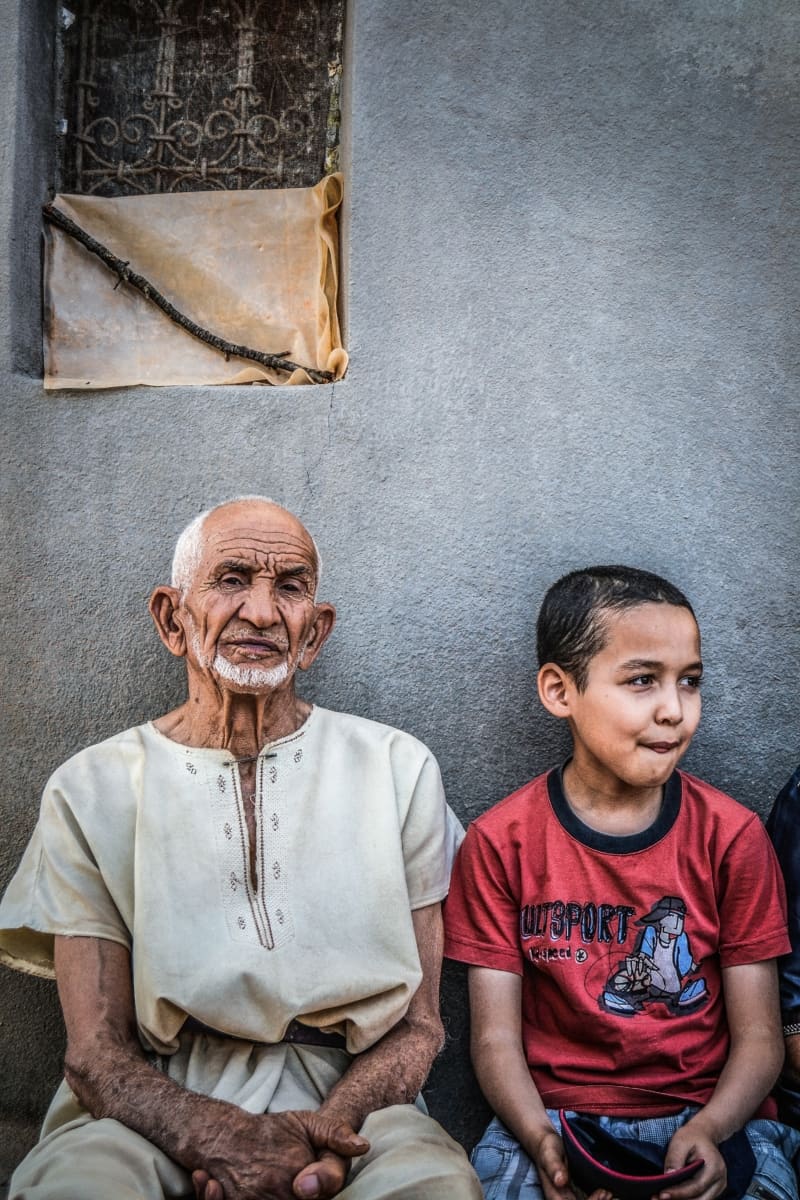It has been said that there are leaders and there are those who lead. The world is currently facing a crisis of leadership with the return of populism and authoritarianism, globally. Toxic leadership appears to be the norm. But leadership has never been just about ‘big men’ or big countries. Leadership happens everywhere: in the back streets, community halls, on factory floors, within peasant movements, youth networks, and the offices of local government buildings. Atoll nations like the Marshall Islands leading global efforts to address the climate crisis, the All India Network of Sex Workers demanding access to basic services and pensions.
So what is developmental leadership? And where does it come from? At DLP, after synthesising over 10 years of work, we arrived at the following definition: Developmental Leadership relies upon a process of political contestation that allows a diverse set of actors and interests to locally legitimise a set of development goals and help make them more sustainable. This definition underlines the need for a more political and collective approach to leadership, beyond the will of a single individual. And while action is always possible, it happens within and is hemmed in by the existing social, economic, and cultural limits of society. Ultimately, who is seen as legitimate to lead is contested, defended, and won through political and cultural battles of ideas.
The process of Developmental Leadership can be understood as operating at three distinct levels – which often overlap and happen simultaneously – which can help secure pro-development outcomes. The first level is Individual Leadership, which relies on the motivation, skills and power to create opportunities for change. Level two is Collective Leadership where individuals or organisations come together to address complex problems and overcome barriers – at this stage coalitions or other forms of collective action are formed to work to influence others. Finally, the third level, Societal Leadership, occurs when a number of coalitions work together or against one another to break down widely held ideas in society and work towards legitimatising a new set of societal norms and institutions. Changes at this level can see a significant shift in culture, power relations and the perception of how things should be done. To ensure sustainability, and to make Developmental Leadership successful, it often requires a process of contestation, as old ideas are replaced with new ones. It is this process of debate and contestation which are often key to new ideas being seen as legitimate and thus becoming institutionalised.
For an extended description and lots and lots of examples of this process, take a look at the ten year synthesis of DLP’s research into Developmental Leadership, ‘Inside the Black Box of Political Will’. It describes examples of the three levels – and how they interact – from the role of education in Ghana, to service provision in Indonesia, to tax reforms in the Philippines, to coalition-building in Fiji, to women’s movements in Jordan, to peace-building in Colombia, to anti-corruption efforts in Papua New Guinea.
Developmental Leadership is not always successful and, whilst it can be transactional, in its fullest sense it is typically transformational. Developmental leadership is also highly contextual, it is shaped by local cultural, social and political processes as well as international factors. Development agencies can effectively support developmental leadership, but this often requires new ways of working.
Developmental Leadership should be seen in the context of other leadership models and theories, such as transactional leadership, transformational leadership and adaptive leadership.
Other related resources
Developmental Leadership:The Power of Coalitions
Developmental Leadership: What it is, why it matters, and how it can be supported.
Thinking about Leadership: A brief history of leadership thought.












